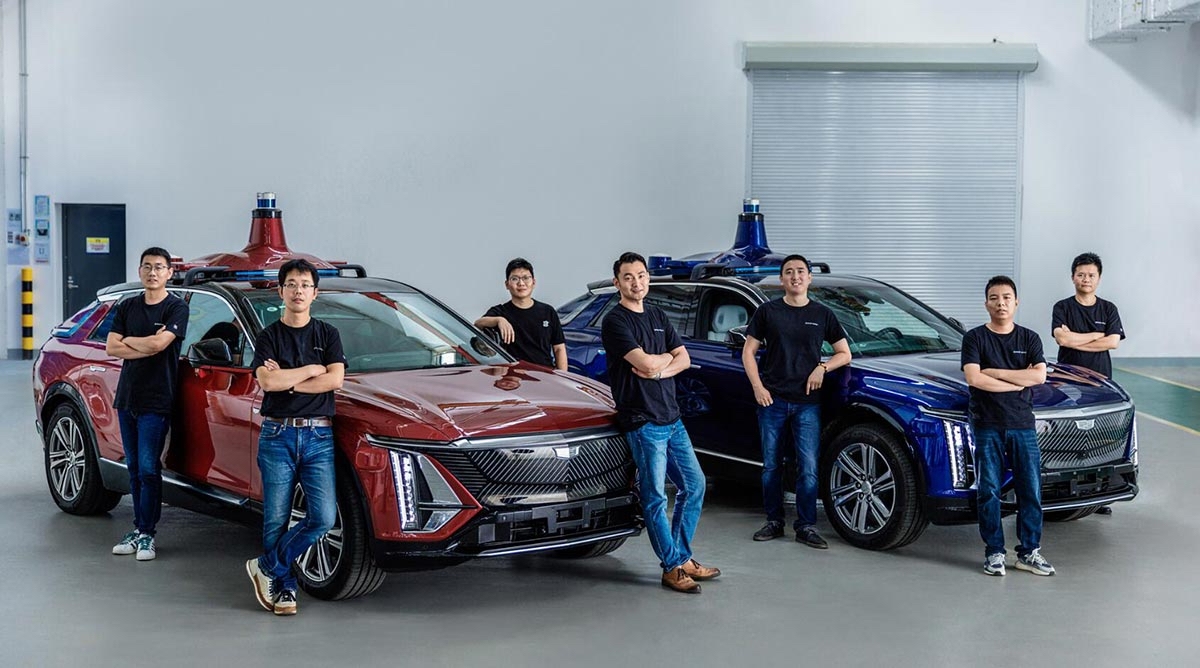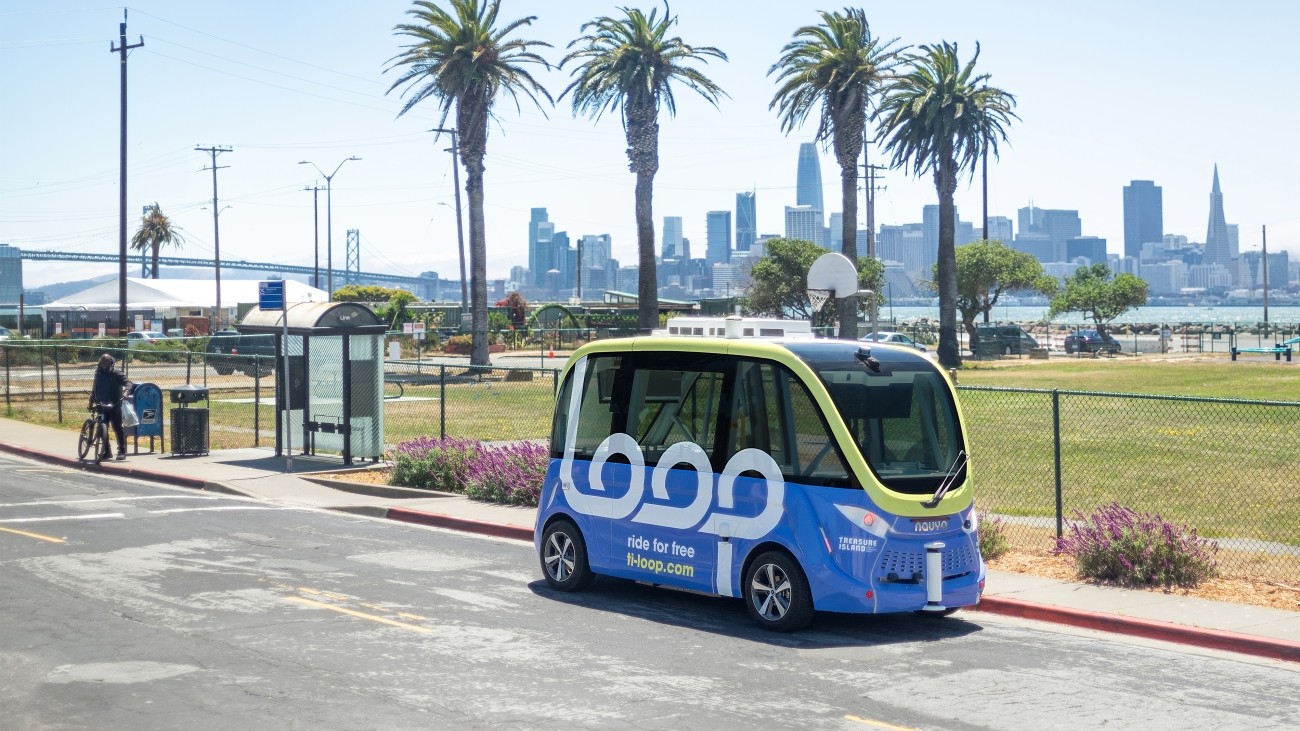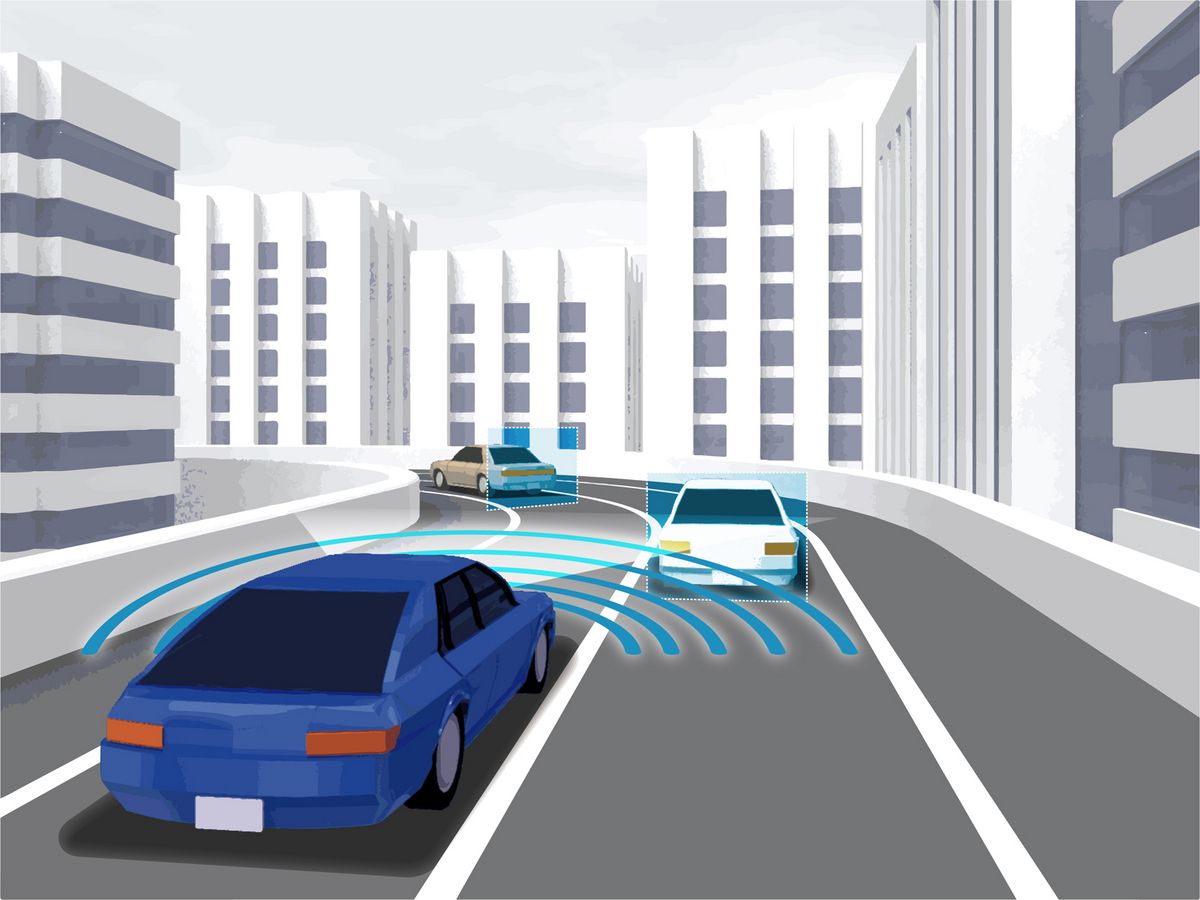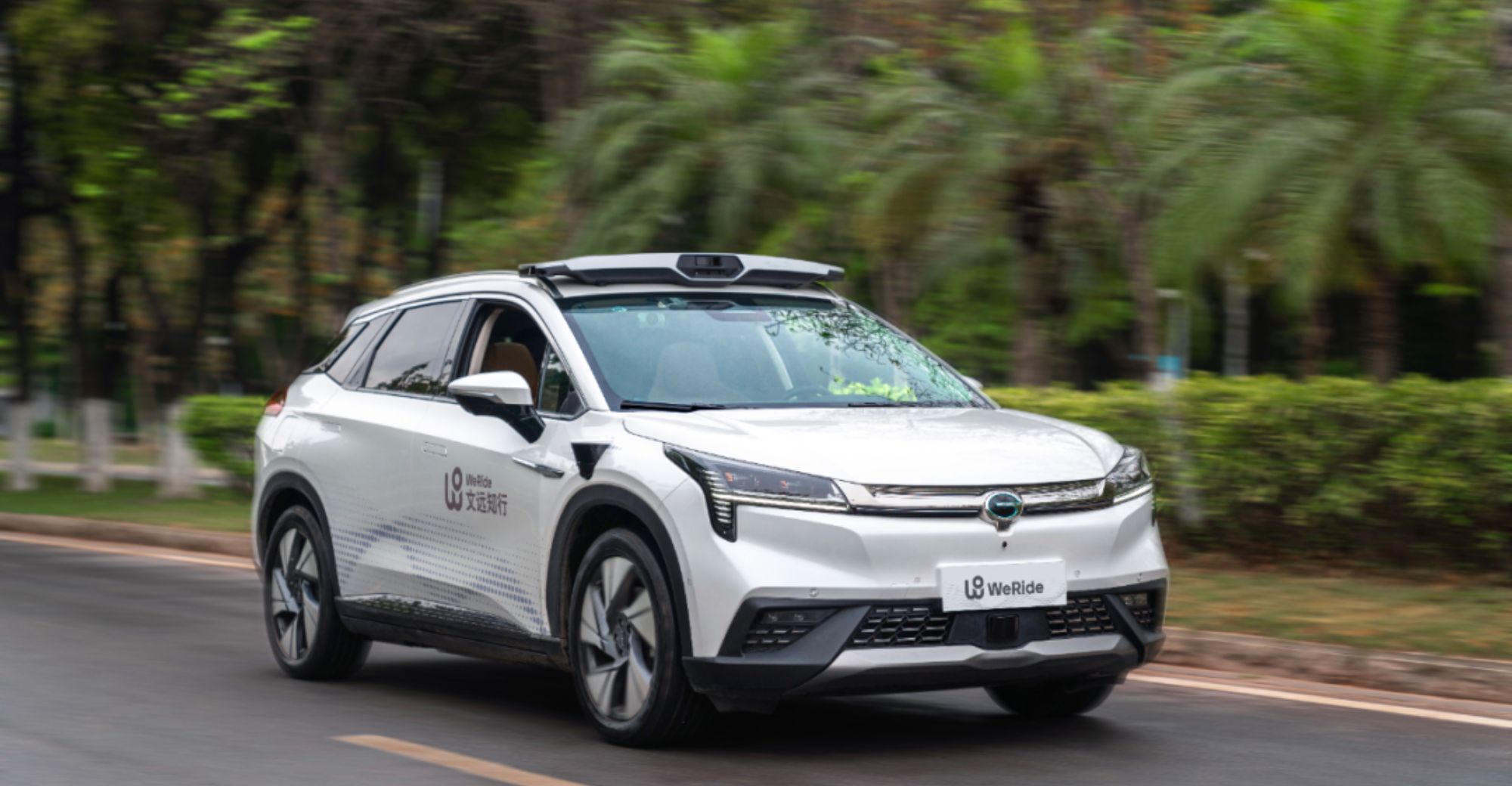General Motors (GM) has achieved a significant breakthrough in autonomous vehicle (AV) technology by securing approval from local authorities in Shanghai to conduct real-world tests of Level 4 autonomous vehicles. This marks a historic occasion as GM becomes the first company allowed to deploy highly automated vehicles on public roads within China’s designated test zones.
The groundbreaking announcement, confirmed by the automotive giant on its Chinese website, signifies a monumental step forward for GM’s global vision of zero crashes, zero emissions, and zero congestion, particularly in China, the world’s largest vehicle market.
See also: Lyft and Motional launch autonomous ride-hailing service in Los Angeles using Hyundai Ioniq 5
Under the guidelines set by the Society of Automotive Engineers, Level 4 automation indicates that the vehicle can independently control driving within a specific area. Initial testing will involve fitting the autonomous technology onto Cadillac’s electric Lyriq SUVs.
Chris Kinser, the Executive Director of the GM China Engineering Center, expressed anticipation about the upcoming road tests, placing safety at the forefront of their efforts. “We look forward to conducting real-world AV road testing in Shanghai with safety as our overriding priority,” Kinser stated. “This will take GM’s global vision of zero crashes, zero emissions and zero congestion one step closer to reality in China, the world’s largest vehicle market.”
The program’s inaugural phase will span a year of intensive testing within a dedicated area of Shanghai’s Jinqiao district. This district holds the distinction of being the first downtown zone chosen for AV road testing among China’s sprawling megacities. Covering 406 miles of designated test roads, the Jinqiao district coincidentally houses GM’s Chinese headquarters and Advanced Technical Center.
See also: Dubai Introduces New Law for Autonomous Vehicles
GM’s collaboration with local company Momenta has been instrumental in achieving this milestone. In 2021, GM invested $300 million in the Beijing startup to foster the development of self-driving technology tailored for the Chinese market. The permit granted in Shanghai serves as tangible evidence of the substantial progress made under this partnership.
While human safety drivers will be present within the Lyriq vehicles during testing, the cars themselves will navigate autonomously. This phase will expose the vehicles to a gamut of complex and sophisticated driving scenarios, set within the four distinct test zones established by Shanghai for evaluating intelligent connected vehicles.
Leveraging Momenta’s artificial intelligence expertise, the program aims to accelerate algorithm iteration, preparing the test fleet for advanced levels of testing and operation. Ultimately, GM envisions the testing to enable it to catch up with its competitors in the realm of automated technology within China.
Unlike its American progress – exemplified by its Cruise subsidiary operating self-driving taxis in San Francisco and other U.S. cities – GM’s presence in China’s automated tech landscape has lagged behind local operators like Baidu and Pony.ai.
See also: May Mobility and Moovit Partner to Offer Full Autonomous Public Transit Solution
However, GM’s focus during the Shanghai tests will transcend robotaxis. The tests aim to underscore the technology’s readiness for seamless integration with GM’s Ultium electric platform on personally owned production vehicles, signaling a commitment to transforming the everyday driving experience.
Stanley Song, Chief Technology Officer of GM China, emphasized the local insights that the road tests will provide. “The road test will help the local team achieve a better understanding of China’s road conditions, traffic regulations and people’s driving habits,” Song elaborated. “That will accelerate development and delivery of solutions customized for the Chinese market.”
In summary, General Motors’ approval to embark on Level 4 AV testing in Shanghai signifies a pivotal juncture in the company’s journey towards revolutionizing transportation with autonomous technology. As the automotive landscape undergoes transformative changes, GM’s strides in China hold the promise of shaping the future of mobility on a global scale.







